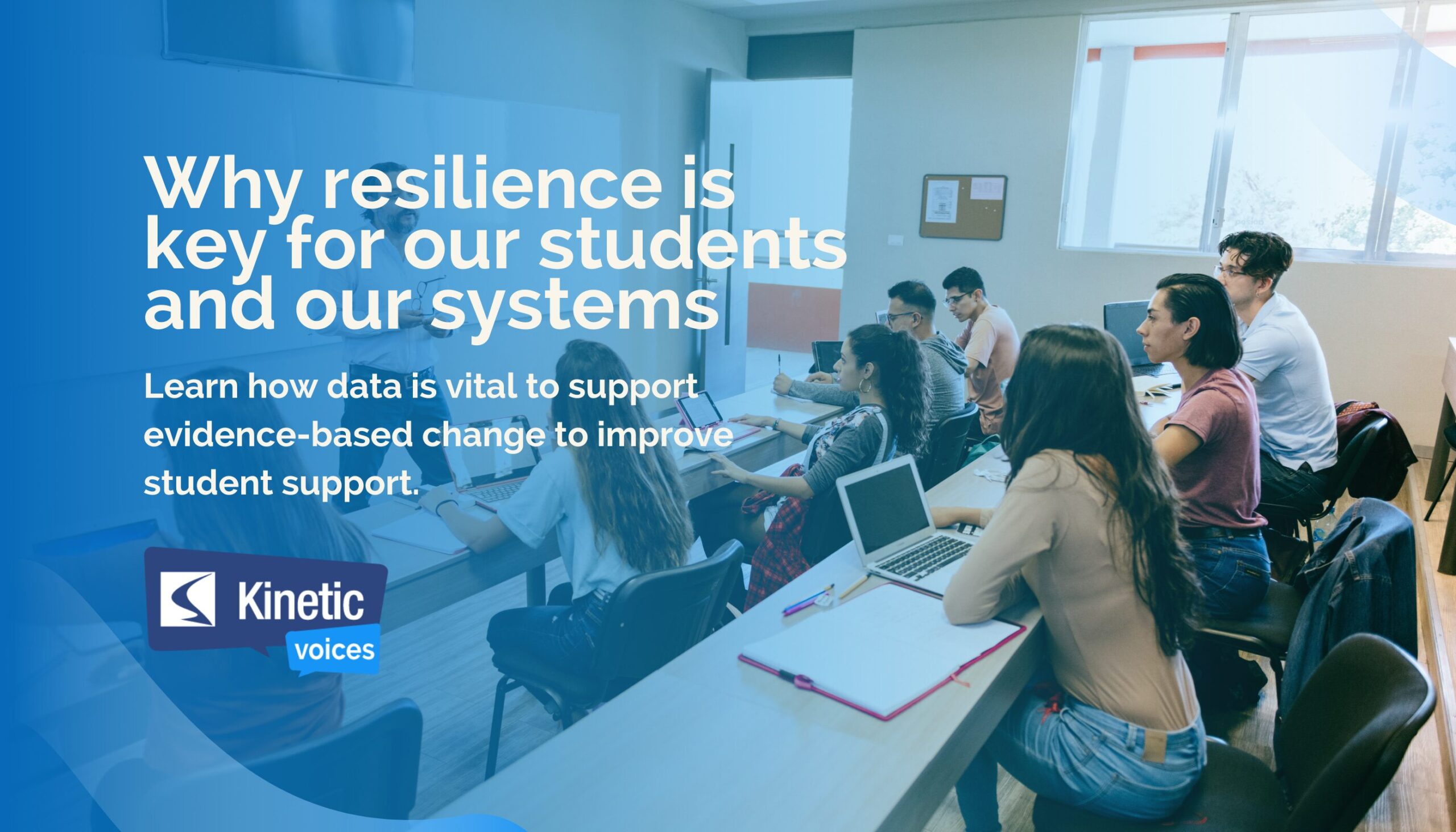Higher Education mental health specialist Géraldine Dufour says innovation is needed across student support and says both a ‘whole university approach’ and data are vital to support evidence-based change.
Rising concerns about student finance, the growth in student debt, the impact of the pandemic and the current cost-of-living crisis are all factors alongside the focus on student “retention and progression” that are contributing to renewed calls for innovations in mental health strategy development and a more holistic approach to wellbeing.
These unprecedented challenges mean a more co-ordinated approach is needed to provide support and interventions to improve student quality of life and learning as well as future wellbeing beyond university, according to mental health consultant Géraldine Dufour.
The former Head of Counselling at the University of Cambridge, Géraldine Dufour set up Therapeutic Consultations to work directly with institutions on issues related to student mental health, counselling, and wellbeing.
She argues counselling and mental health support should not just be the support that is given to students at a time of crisis but also embedded through initiatives for improving self-care and coping strategies so that students can learn to build resilience in their personal and professional lives.
Developing data
Géraldine is among those calling for innovation in the strategic and co-ordinated collection of quality data sets to provide an evidence-based approach to student mental health and wellbeing and to inform service development and policy decision making.
A coordinated approach will, says Géraldine, provide the necessary base on which to develop and deliver the right support and intervention to enhance the quality of student life and learning.
“When you look at the data you start noticing certain key points of student stress. We know the transition in and out of university is a trigger point for students. So, in that case we can look at targeted wellbeing and prevention initiatives to cover aspects like ‘belonging’, for example, so that people don’t feel lonely, which research shows improves wellbeing.
“Data helps to identify general trends and as a Head of Service it was key when making a business case and for putting the right resources where they were needed.
“You also need that information to make decisions around safeguarding and risk. If you only have the information from the counselling service and mental health advisors, you have an incomplete picture.
“Perhaps the student is also really struggling when they’re in their accommodation, they’re not turning up to lectures or maybe there was an outburst with security, all of this gives an indication of their level of distress and need. If people are in crisis, they’re not always able to share that information, or just seeing them for a 50 minute session might not be enough to get the full picture.”
Géraldine Duffour
“In structuring the university experience, how can you increase that sense of belonging which we know from the data helps people to stay at university? You can work with different services, accommodation or the student unions, to reach out to students. When it comes to the cost-of-living crisis, how are we communicating support for students?”
Géraldine Duffour
Whole-university approach to mental health
With one in four students considering dropping out of university, it’s clear that support for students (particularly in their first year) is crucial, but which teams within universities are responsible for providing that support?
“A whole-university approach to mental health is important,” says Géraldine, “and we need to talk about the student journey from the moment they start preparing for university to when they come to university, to after graduation.
“In structuring the university experience, how can you increase that sense of belonging which we know from the data helps people to stay at university? You can work with different services, accommodation or the student unions, to reach out to students. When it comes to the cost-of-living crisis, how are we communicating support for students?
“At the same time as supporting students with financial issues, we need to recognise that this issue is systemic and goes beyond the student cohort to the staff supporting them. The pressure of constantly having to do more with less is leaving people feeling quite burnt-out, as we also see in the NHS.”
A new approach to resilience
Géraldine argues that the concept of resilience can have negative connotations, but it’s no longer a case of putting people into a stressful environment to learn that it’s sink or swim.
“I think that’s a terrible thing. That’s not my idea of resilience. Of course, universities need to do what they can to make the student journey as good as possible. In addition, resilience development can help students identify and learn the sort of strategies they can adopt to help themselves. In addition, universities are places of learning and I think we should be teaching students new skills to foster wellbeing.
“Some students will come to university having been taught how to look after themselves while other people will need to develop that skill. If we can support the students, through crises, whether related to being at university or the challenges of navigating their personal life, then we really have a huge impact on the person and society by helping that person to stay at university. This is not just about getting students in but it’s also about retaining students and helping them to succeed throughout life.
“So, you’re teaching them the skills to stay at university, make the most of university where they’re there on a social level, but also to be able to learn because we know that emotions have an impact on our ability to learn.”
Géraldine Dufour is the former Chair of British Association for Counselling and Psychotherapy (BACP) Universities and Colleges Division and the Heads of University Counselling Services group (HUCS). She works as a consultant, trainer and supervisor with institutions across the HE sector.






